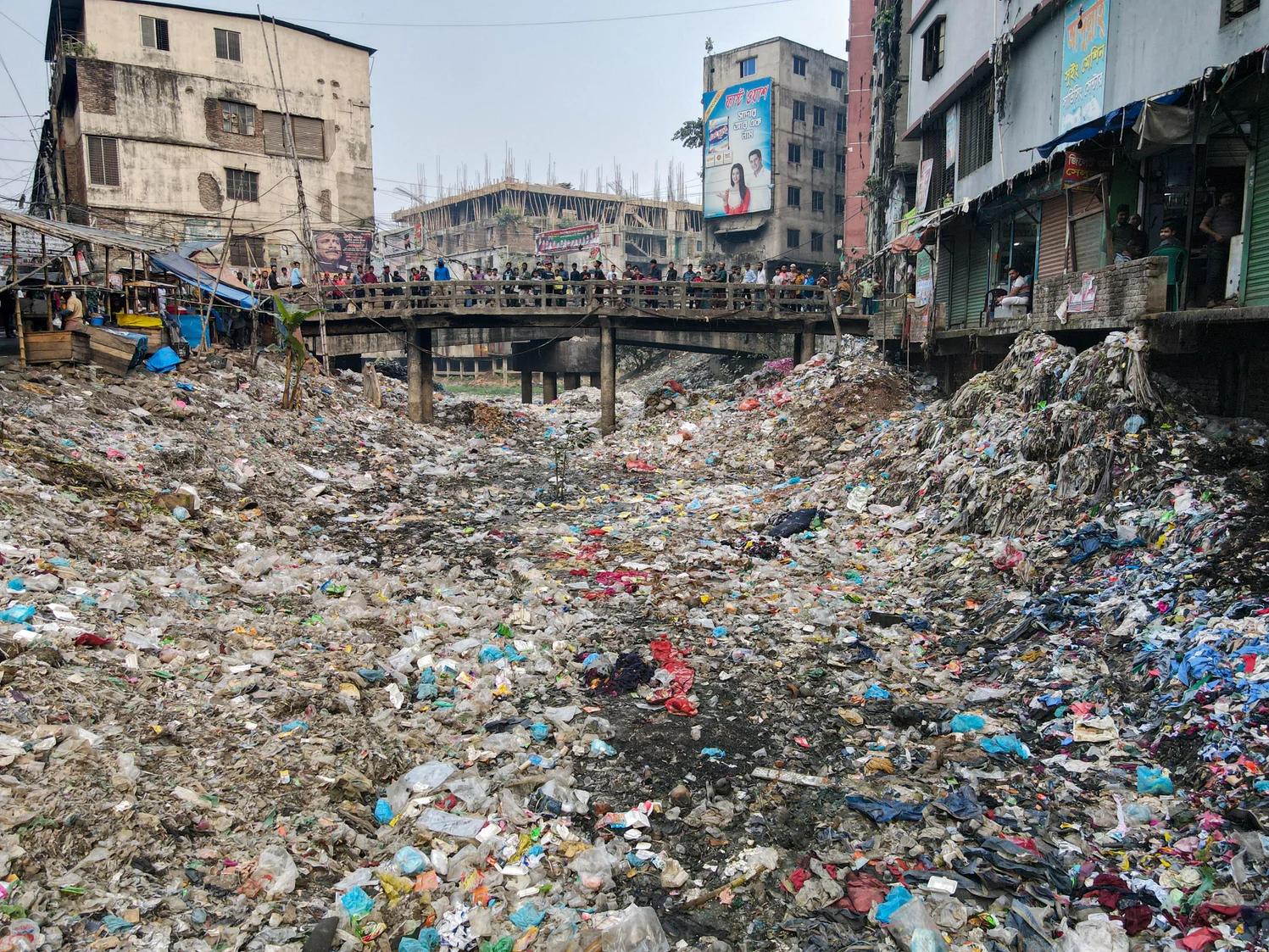Read OPLN's Op-Ed In Scientific American
22-02-2022

"We Need a Global Plastics Treaty to Stop an Environmental Disaster - and truly global participation in the process will create more than just a Paris Agreement for plastics"
- Dave Ford, Founder of OPLN
The full op-ed is available on Scientific American's site right now. What follows is a key point from article that we at OPLN want to be sure to stress:
"Whatever is decided at UNEA 5.2, stakeholders the world over will need a forum to talk to one another and build towards a quick implementation of plans. We should have open, multisectoral dialogues in every country, with recurring sessions while the treaty is being negotiated. The ideas and stakeholder mapping—or finding out what everyone wants out of a treaty—in these talks should feed global negotiations, ultimately informing treaty negotiations in a more dynamic and time-sensitive manner. To that end, OPLN has already begun convening Country Dialogues for the global plastic treaty in Chile, Malaysia, Indonesia, Ghana and the United States.
Consider the two billion people in the world, largely in developing nations, who do not have access to waste management collection services and are forced to illegally dump or burn their waste. Or the 15 to 20 million people among them who make their living selling plastic scrap that they find on streets, beaches and dumps to secondary recycled plastic markets. Both groups are a vital part of the plastics equation, and their interests must be represented at the negotiating table.
As our initial country-specific forums have taken place, we’ve started to see the chaos of the plastic crisis become just a bit more tangible. Waste-pickers from Accra, Ghana have expressed their concerns to a CEO based in San Francisco. An activist working to protect their fenceline community from the emissions of a refinery next door spoke directly with an executive from the company that owned it. This simply hasn’t happened in previous global treaty processes.
So while the U.N. is gathered in Nairobi, discussing, among other things, what it will take to stem the flow of plastics waste, we want to urge national leaders to support dialogues accessible to everyone, to quickly expand the scope of who is at the negotiating table in this global agreement.
Participation will be the lifeblood of the solution, and an unpopular treaty is sure to stall. Let’s set ourselves up for every holder of every stake to get involved as soon as possible—because there is no time to waste."
Thanks for reading!